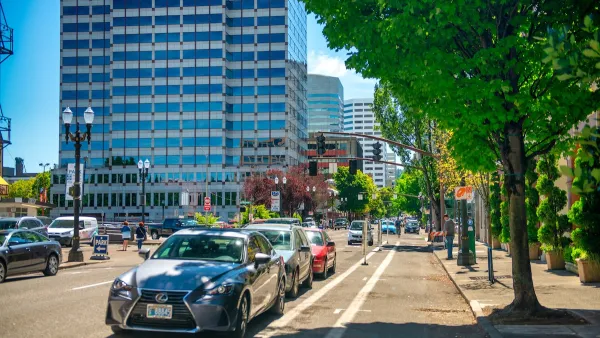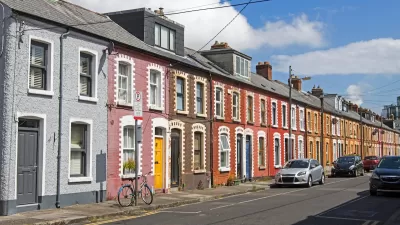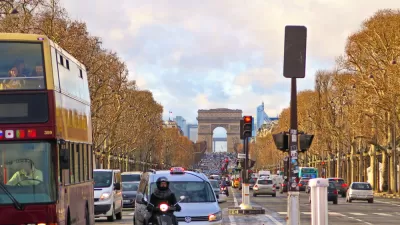Austin joins cities across the U.S. and elsewhere in shifting away from individually-metered spaces and towards pay stations in an effort to increase revenue and efficiencies.
"On Thursday, the City Council will vote on an $8.4 million contract with New-Jersey-based Parkeon for up to 750 solar-powered parking kiosks that accept coins and credit and debit cards. Parkeon would install 500 kiosks in and near downtown in September, October and November.
Austin's current 3,800 coin-only meters are 13 years old, and they broke 14,000 times last year, causing the city to lose as much as $500,000 in fees, fines and staff time.
'The existing meters were only designed to last 10 years,' said Robert Spillar, Austin's director of transportation. Spillar said the city plans to replace most of the old meters.
The kiosks are expected to last 15 years. Austin would pay for them using short-term debt. The parking fees would pay off the debt in eight to 10 years, Spillar said. But starting next year, the city should have money left over each year after making its debt payments and would use it for traffic, road and sidewalk improvements, he said.
Each kiosk would replace eight to 11 meters and would be about 6 feet tall, 10 inches wide and 10 inches deep, Spillar said. The kiosks print receipts showing the date and parking expiration time. Drivers post the receipts inside their cars, and they would be allowed to move to other spaces and still use remaining time."
FULL STORY: City may replace parking meters with solar-powered kiosks

Maui's Vacation Rental Debate Turns Ugly
Verbal attacks, misinformation campaigns and fistfights plague a high-stakes debate to convert thousands of vacation rentals into long-term housing.

Planetizen Federal Action Tracker
A weekly monitor of how Trump’s orders and actions are impacting planners and planning in America.

In Urban Planning, AI Prompting Could be the New Design Thinking
Creativity has long been key to great urban design. What if we see AI as our new creative partner?

Cal Fire Chatbot Fails to Answer Basic Questions
An AI chatbot designed to provide information about wildfires can’t answer questions about evacuation orders, among other problems.

What Happens if Trump Kills Section 8?
The Trump admin aims to slash federal rental aid by nearly half and shift distribution to states. Experts warn this could spike homelessness and destabilize communities nationwide.

Sean Duffy Targets Rainbow Crosswalks in Road Safety Efforts
Despite evidence that colorful crosswalks actually improve intersection safety — and the lack of almost any crosswalks at all on the nation’s most dangerous arterial roads — U.S. Transportation Secretary Duffy is calling on states to remove them.
Urban Design for Planners 1: Software Tools
This six-course series explores essential urban design concepts using open source software and equips planners with the tools they need to participate fully in the urban design process.
Planning for Universal Design
Learn the tools for implementing Universal Design in planning regulations.
Appalachian Highlands Housing Partners
Gallatin County Department of Planning & Community Development
Heyer Gruel & Associates PA
Mpact (founded as Rail~Volution)
City of Camden Redevelopment Agency
City of Astoria
City of Portland
City of Laramie





























